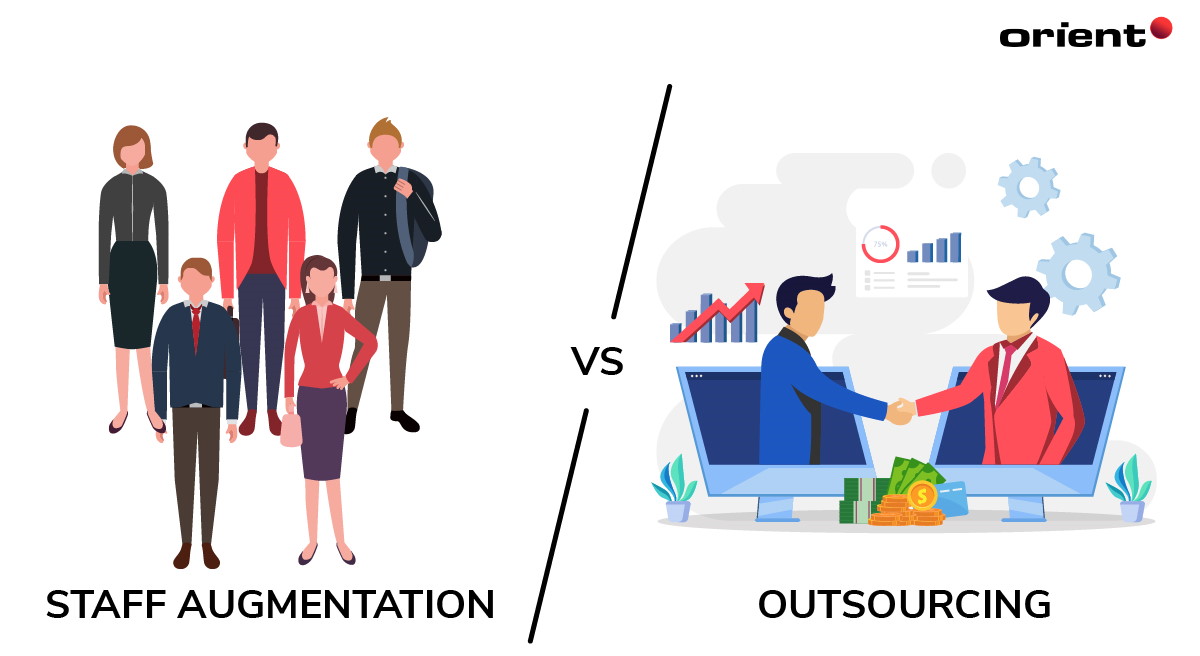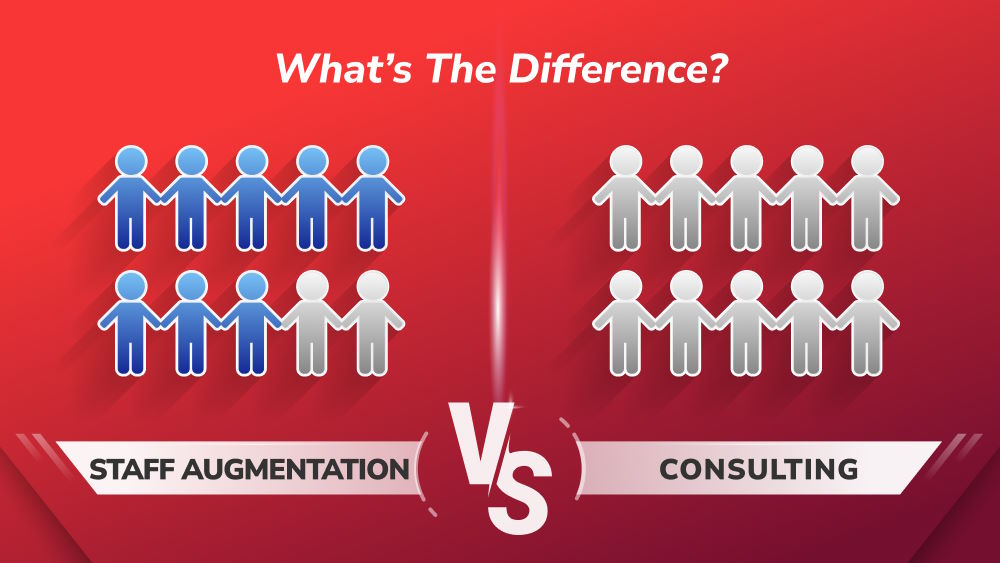Coding Bootcamp: An Alternative Path to Become A Software Engineer

Content Map
More chaptersCoding bootcamps are a fast and affordable way to become a software developer. Nonetheless, there are many things to consider if you plan on taking part in such a bootcamp. Let’s start by identifying whether coding bootcamps are the right fit for you. If they are, then how do you - bootcamp alumni - find suitable jobs in the competitive job market?
Learn about coding bootcamps - what they are, if they are worth it, and the opportunities for bootcamp graduates.
What Is a Coding Bootcamp?
Coding bootcamps are rigorous courses that prepare bootcamp students for full-time jobs in a tech career. Software engineering, data science, cybersecurity, UX design, and other tech jobs are all covered by coding bootcamps.
The duration of a coding bootcamp varies. Some last two weeks, while others might even last a year with a tight 9 to 5 schedule. Typically, a coding bootcamp lasts from three to four months.
Top coding bootcamps require you to fully devote time and energy to them, while others are only part-time, with remote learning on offer, and do not affect your current employment or personal life.
Nonetheless, a bootcamp education is intensive and immersive. It trains a range of skills that make you highly employable in the tech industry. Generally, those who find coding bootcamps attractive want to start a new career fast with a well-paid full-time job, or want to upgrade their skills to compete for higher salaries.
Types of Coding Bootcamps
No two coding bootcamp are the same. They each have their own curriculum, instructors, and professional focus. They also constantly update, especially seeing how fast tech companies are moving forward with innovations.
Most coding bootcamp graduates learned the most common programming language - JavaScript. Other languages also being taught are .NET, Ruby on Rails, Python, and so on. Here are the top three most common coding bootcamps.
Front-end Web Development Program
Programming all the features that the end users (such as website visitors and app users) view and interact with is known as front-end development. For online applications, experts in this field frequently develop HTML, CSS, and JavaScript.
Back-end Web Development Program
Everything that the end user cannot see or directly interact with is referred to as the back end. The back end of an application typically consists of the server, database, and internal business logic.
Full-stack Web Development Program
A software engineer who codes the front-end and the back-end of a web application is known as a full-stack web developer.
Reasons to Become Coding Bootcamp Graduates
If after reading the definition of a coding bootcamp sounds like something you would love to take part in in the near future, below are more reasons to push you to sign up for these programs.
Bang for the buck. Compared to traditional college degrees, the average bootcamp costs are often far more affordable.
Beginner-friendly. Some coding bootcamps accept students with no prior software development experience.
Efficient and focused training. Bootcamp grads focused a lot on building specific, practical skills, instead of wasting time on hours and hours of theories like in universities.
Job search assistance. Most bootcamps offer help in coding bootcamp grads’ job hunt. Therefore, you will not have to worry about looking for jobs alone.
Reasons to NOT Join a Coding Bootcamp
Now, all the aforementioned information about coding bootcamps sure sounds attractive. However, consider these issues below before jumping into one. Do spend time on deciding whether you should really commit, if:
- You are still unsure of what you really want to do. Coding bootcamp graduates learn to become software engineers, data scientists, data analysts, data engineers, web developers, and more. There is huge competition for open positions in these specializations.
- Tech companies expect you to hit the ground running upon joining their companies. You have to be sure you can stand the pressure. Previous experience in the tech industry, not necessarily in a tech position, may help you form a good idea about these hot career paths.
- You are concerned you may not have the capacity to go through weeks of high-intensity training and self-study. You need to put in the hours, the commitment, the energy, and the willpower to get hired as a bootcamp graduate.
What to Consider When Enrolling in a Coding Bootcamp
Before signing up for a coding bootcamp, do spend time seriously considering a number of factors to make the most confident decision.
Career goals
If you are already employed for many years in a different career, how willing are you in starting over among the rank of junior developers? Maybe your current employer is willing to adjust your role once you gain valuable web development skills. Talk to them about possible advancements at your current company, as a recognition for completing an intensive bootcamp.
Time commitment
Find out what kind of bootcamps works best for you - whether it is full-time, part-time, two weeks, eight weeks or sixteen weeks long. Bootcamps are intensive and require you to put in a lot of time and effort, so allocate your time accordingly.
Think about your ROI (Return on investment)
If you are still pondering, think about the potential return on investment.
First, calculate your total investment - this may include your living expenses, tuition, equipment, software, and so on. Then, think about the average salaries promised by companies that hire coding bootcamp graduates. The average starting salary for recent bootcamp graduates hovers around $69,000 for junior developers. Now, consider if this is lucrative enough for you to invest in this endeavour.
Job Hunting Tips for Bootcamp Graduates
The first step is always the hardest. After your bootcamp graduation, even though you feel like you are not prepared enough, you still need to perform well. Below are some tips to start your search.
Have a clear timeline
It is normal for the search to take longer than you have planned. Plan ahead for three to six months, or even six to twelve months if you feel like you cannot devote as much time to the career switch.
Be strategic
As new grads, instead of sending out resumes every day, you can spend time growing your network. Allocate some time to meet people at your target companies. Hone interview skills. Follow the happenings at tech giants. Shortlist companies that are known to hire coding bootcamp graduates, and connect with their current software developers. These are your potential employers. So when there is an opening, you are the first person they think of.
Make use of your network
Utilize your network, contacts, and classmates, especially those who know software developers, or are software developers themselves. Personal introductions give you several advantages, including partly showcasing your qualifications and why you are a good fit. Your contacts provide trustworthy professional references to give potential employers more reasons to hire you.
Your fellow bootcamp graduates are likely to have been employed somewhere before, so do not forget them. Growing your network together earns you referrals in the future. Not only do your bootcamp graduates have insights about companies that are hiring, but your bootcamp instructors might also be searching for new talents, too.
Never stop learning
No bootcamp gives you a job - it is the skills you learned that will help you get one. Some fresh bootcamp graduates have only coded for a few weeks, so if you are one of them, it is unlikely that you are ready for the industry. Keep learning and refining your skills. Be ready to take on intern positions and work hard at your first job.
Increase your portfolio
Even as a fresh graduate, you are expected to showcase some level of independence. What better way to prove it than presenting your past projects?
Do not shy away from small projects. Even consider doing them for a small fee - it is a great way to learn and gain experience. There is no shame in starting small, and you do not want to be burnt out right from the beginning. The return for your hard work should be that you are able to include a recommendable list of projects in your resume.
Coding Bootcamp Graduates Can Enjoy Fruitful Careers
Congratulations on going through all the hard steps of planning, attending and finishing the bootcamp! Perhaps you are already searching for your dream job. Becoming a bootcamp graduate is a great start, but then again, it is only the beginning.
Now, remember, there are plenty of companies that hire coding bootcamp graduates. Some of them include Google, Facebook, Amazon, LinkedIn, Microsoft, Apple, etc. Persist, and you will surely land your dream job.







